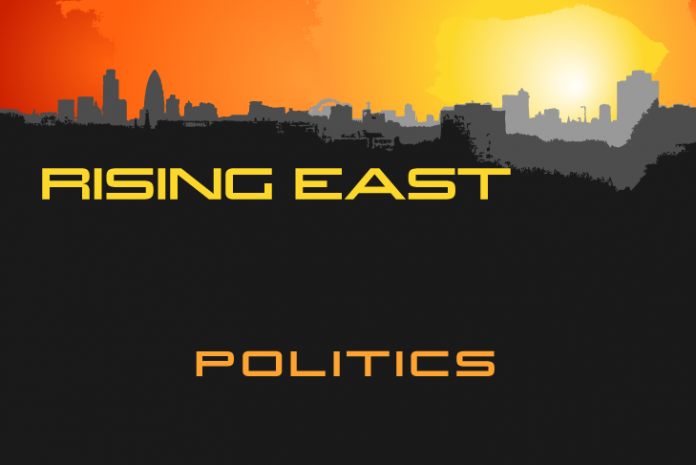Carry on as we are, warns Ferdia Carr, and London like Paris risks losing its head over ‘terror’.
If we can take one positive from the tragedies that occurred in Paris in early January, it’s the reasoned political response triggered by these events.
Only joking.
After 9/11 the Western world issued an emotive declaration of war on an emotion – terror. Either way, emotion was bound to win. Close to 15 years later, it still is. Thus the recent attempt to create terror on the streets of France has been met by its opposite number in government: panic.
What better word to describe the French authorities’ unseemly haste in arresting a satirist for saying he felt like ‘Charlie Coulibaly’ (a reference to both Charlie Hebdo and Amedy Coulibaly, one of the perpetrators of the Paris massacre)?
French officials must have been so panic stricken that they forgot their own grand overtures to freedom of expression, as orchestrated across the centre of Paris only a few days earlier.
The same people who carried placards defending free speech are keen to gag those expressing ‘jihadist’ views. Is it that they fear the strong arguments on which such views are based? Or perhaps, as I suspect, they themselves lack strong convictions to the point of running scared of anyone who has any, however absurd.
Panic is often partnered by absurdity – each one bouncing off the other. Thus fears of an epidemic of anti-Semitism across France prompted Israel’s prime minister to travel to France and advise the Jews of Paris they would be safer in his country; even though Israel has been at war with all the countries on all its borders – except where it borders the Mediterranean.
The emotive war on negative emotions has not resulted in any positive outcomes; and this goes for London as much as Paris.
London is much like Paris, only with nicer people and better croissants. Both cities have large immigrant populations, including extensive Muslim communities and deep rooted Jewish communities. Both have experienced terrorist attacks. In neither city has level headedness prevailed.
The first thing we’re told in the wake of any attack is that we won’t let violence change the way we live. But that’s exactly what we do. Fearful policies trickle down from Whitehall at the faintest whiff of blood. Colour-coded terror-threat alerts move from beige to fuchsia, as if that’s meant to mean anything to us.
We pat each other’s proverbial backs over commitments to free expression and hashtag our sorrow for the dead, standing up to declare violence is bad, as if not a lot of people already knew that.
But the position occupied is more panicky than dignified, and every over-reaction leaves a sour taste in the mouth. For example, even if it was meant as a rallying cry, the letter circulated by Eric Pickles, secretary of state for Communities and Local Government, insisting that Muslim leaders must stand up and be counted, has left many UK Muslims demoralised and wondering why they are being asked to offset the activities of ‘extremists’ who bear no relation to them.
There is even a panicky reaction about how to talk about the panic-stricken state we’re in. Thus the head of the BBC Arabic service instructed staff not to refer to the perpetrators of the Charlie Hebdo murders as ‘terrorists’, since it’s a loaded term. But it’s no less loaded than the guns they were carrying when they entered the Charlie Hebdo offices and emptied their magazines. Or, for fear of using loaded terms, should we make out that the terrorists went inside and shouted ‘bang’?
Equally counter-productive, new legislation to monitor this and proscribe that (online, in public, on campus) threatens to curtail the unstinting freedom which we are supposed to be defending. Does nobody remember the dangerous consequences of the panic-driven Dangerous Dogs Act?
Yes, violence is scary and the readiness to panic is entirely understandable. But we must also understand that it’s not OK to give in to it.
Everything is not OK – don’t say it is. It’s backwards. Terror is winning the war because it’s the enemy we have allowed ourselves to be scared of.
We owe it to ourselves to get real. Let’s not overstate the dangers, and let’s not make overblown declarations – declaring a clash of civilisations or starting a war on intangibles such as ‘terror’.
Until we have grown up enough to act rationally and speak deliberately, we run the risk of a terrible end – losing our heads to violent extremists.
Ferdia Carr is Rising East’s International Politics Editor.

